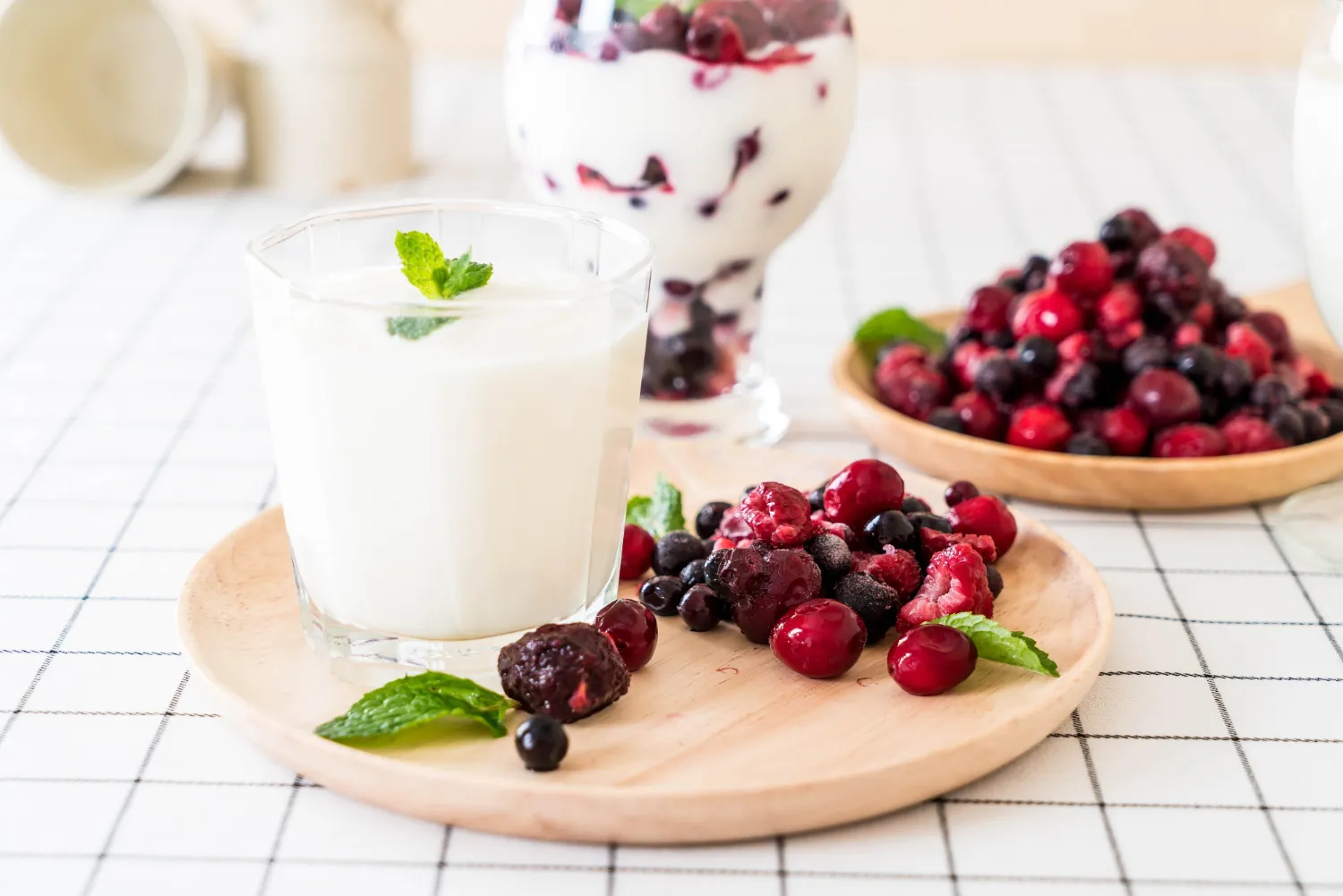Have you ever felt bloated, sluggish, or just “off” after a meal? If so, you’re not alone. Digestive discomfort is one of the most common complaints among adults, yet many people aren’t sure where to start when it comes to feeling better.
The great news is that you don’t need to invest in expensive supplements or follow trendy cleanses. There are many practical solutions using natural gut health remedies that are simple, effective, and already available in your kitchen. These approaches can support digestion and help you feel more energized throughout the day.
What Is Gut Health?
Gut health refers to the overall function and balance of the digestive system, particularly the gut microbiome, which is made up of trillions of bacteria living in your intestines. These bacteria help digest food, absorb nutrients, produce specific vitamins, and regulate immune function.
When the balance of this ecosystem is disrupted, it can lead to a range of issues, including:
- Gas and bloating
- Constipation or diarrhea
- Food intolerances
- Low energy
- Mood changes or brain fog
Research suggests that a diverse and well-balanced gut microbiome supports everything from digestion to mental clarity and immunity.
Why Gut Health Matters
Your digestive system plays a larger role in your overall wellness than you might think. A healthy gut can:
- Improve nutrient absorption
- Reduce inflammation
- Strengthen immune defenses
- Support mood regulation through the gut-brain axis
- Promote regular bowel movements
When your gut is imbalanced, your whole body feels it. That’s why supporting digestion with natural gut health remedies can improve more than just your stomach; it can enhance your energy, skin, sleep, and mental focus.
7 Natural Gut Health Remedies to Try

These remedies are safe, practical, and can be integrated into your everyday routine to support long-term digestive health.
1. Add More Fermented Foods
Fermented foods like yogurt, kefir, sauerkraut, kimchi, and miso contain probiotics, which are live, beneficial bacteria that help populate your gut. These probiotics can restore the balance of your gut microbiome, aiding digestion and nutrient absorption.
- Why it helps: Supports microbial balance and aids digestion.
- How to try: Add a spoonful of sauerkraut to your meal or enjoy a serving of plain yogurt with breakfast.
2. Prioritize Fiber-Rich Foods
Soluble and insoluble fiber act as fuel for healthy bacteria and improve digestion.
- Why it helps: Encourages regularity and feeds good microbes.
- How to try: Include oats, chia seeds, beans, apples, and leafy greens in your daily diet.
3. Stay Well Hydrated
Water helps break down food, transport nutrients, and move waste through your intestines.
- Why it helps: Prevents constipation and supports digestive flow.
- How to try: Drink 6-8 glasses of water daily. Add lemon or cucumber for flavor if needed.
4. Limit Ultra-Processed Foods
Processed foods and added sugars can disrupt gut balance by feeding harmful bacteria.
- Why it helps: Reduces gut irritation and inflammation.
- How to try: Choose whole, minimally processed ingredients like fruits, vegetables, and whole grains.
5. Manage Stress Levels
Chronic stress can impact digestion and alter your gut bacteria through the gut-brain connection.
- Why it helps: Reduces gut discomfort and supports microbial health.
- How to try: Practice meditation, deep breathing, or take mindful breaks during the day.
6. Get Quality Sleep
Poor sleep is linked to imbalances in gut bacteria and slower digestion.
- Why it helps: It allows your digestive system to recover and repair.
- How to try: Aim for 7-9 hours of sleep with a consistent routine and limited screen time before bed.
7. Include Natural Prebiotics
Prebiotics are non-digestible fibers that feed the good bacteria in your gut. They act as food for the beneficial microbes in your gut, helping them to grow and thrive.
- Why it helps: Encourages the growth of beneficial microbes.
- How to try: Add garlic, onions, leeks, bananas, and asparagus to meals regularly.
When to Talk to a Healthcare Professional
While natural gut health remedies can help maintain balance, it’s essential to seek medical advice if you experience:
- Ongoing abdominal pain or severe bloating
- Blood in your stool
- Unexplained weight changes
- Chronic fatigue or immune issues
These may be signs of an underlying condition, such as IBS, food intolerance, or gastrointestinal disease that requires professional care.
FAQs
Can I improve gut health without supplements?
Yes. Many people see improvement by eating whole foods, reducing stress, and staying hydrated.
How long does it take for gut health to improve naturally?
Improvements can begin within a few days to weeks, depending on the consistency of your habits and your body’s condition.
Are probiotics always necessary?
Not always. A diet rich in fermented foods and fiber often provides sufficient support for most people.
Conclusion: Trust Your Gut and Start Small
Supporting your digestive health doesn’t require a major lifestyle overhaul. Small, consistent changes like adding fermented foods, drinking more water, or prioritizing sleep can have a significant impact.
By focusing on natural gut health remedies, you’re giving your body the tools it needs to find balance, improve digestion, and feel better every day.
Start with one or two changes this week, and listen to how your body responds. Your gut will thank you.

